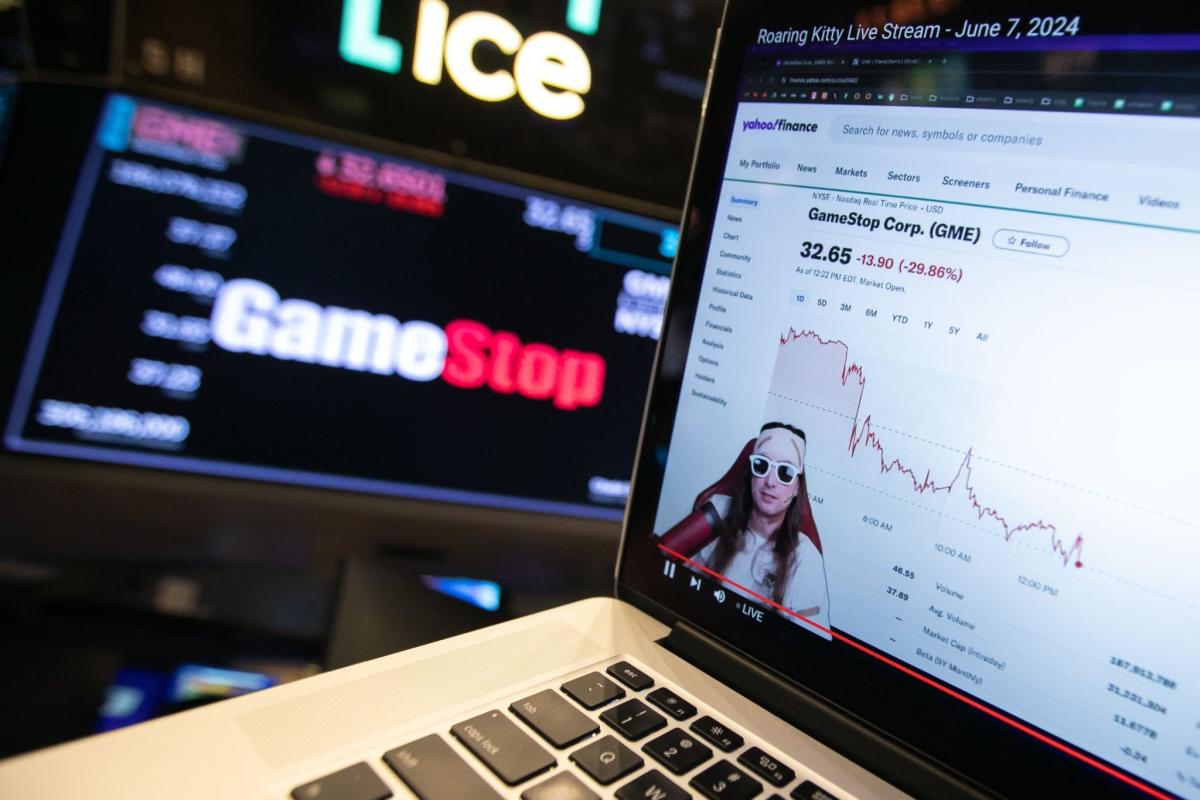(Bloomberg) — Tatjana Bakalchuk made billions selling everything from brooms to wedding gowns on her online marketplace. Now Russia’s richest woman is making a surprising pivot: helping protect the economy from sanctions by building an alternative to the global payments system from which Russia’s major banks were excluded.
Most read from Bloomberg
Bakalchuk’s Wildberries – Russia’s answer to Amazon – is launching a partnership with Russ Group, the country’s largest outdoor advertiser, to build a digital marketplace to help small and medium-sized businesses promote and export their products, it said the company this week. They also plan to create a payments platform that could provide a replacement for the dominant cross-border network known as Swift, according to two people close to the Kremlin who declined to be identified.
The effort has been personally approved by President Vladimir Putin, who has picked Maxim Oreshkin, deputy head of the Kremlin government, to oversee it, the people said, asking not to be identified. There are no guarantees that the payment system will be successful, one of them said. Putin spokesman Dmitry Peskov said by text message that the president has instructed officials to consider Wildberries and Russ’ digital platform project, but there are no details yet.
Swift is the primary messaging network used to initiate international payments. Founded in the 1970s, it connects approximately 11,000 institutions in more than 200 countries and territories. The US and European Union imposed sanctions on Russia’s main lenders after the invasion of Ukraine, cutting them off from Swift and forcing Russia to use other payment options for imports and exports.
Wildberries declined to comment on its plan for a payment system.
Bakalchuk – who is not seen as close to the Russian president – spoke at his main economic forum in St Petersburg earlier this month and said she believed private business in Russia has a future and is developing despite state aid is needed.
“Bakalchuk understands very well that the crisis is the time of opportunity,” said Alexandra Prokopenko, fellow at the Carnegie Russia Eurasia Center. “She is trying to expand the company to protect it, become too big to fail and become more visible to the Kremlin.”
Her net worth rose about 40% to $8.1 billion in the wake of the invasion of Ukraine, according to the Bloomberg Billionaires Index, as fiscal stimulus boosted consumer spending.
The value of products sold on Wildberries rose 50% last year to 2.5 trillion rubles ($28 billion), while the share of domestic goods increased. In emailed comments, Wildberries’ press office wrote about the popularity of online shopping, as well as the development of its platform, including its growing infrastructure and discounts.
Western Exodus
The exodus of Western retailers such as Ikea, H&M and Levi’s also helped. As Russian manufacturers stepped in, Wildberries and its rival Ozon also helped shoppers access American and European brands that had officially left. Moscow introduced legislation that allowed products to be imported into Russia without permission from the trademark holder, allowing Wildberries and Ozon to sell almost everything they could sell before the war.
“I often have no idea whether a brand has left Russia or not,” said Elena, 35, an interior designer from the Moscow region, who asked that her surname not be used to protect her identity. “If I need something, I just look for it on Wildberries and buy it.”
She can still find Ikea items on Wildberries, even though the company left the market and its factories in 2022. Even her 79-year-old grandmother uses the service, she said.
The war also helped stimulate consumer spending. The Russian government’s annual budget expenditure, including military and social spending, increased by a third last year compared to 2021, while mobilization, the flight of many Russians abroad and a drop in the number of foreign workers are causing a massive labor shortage have taken care of.
That has boosted wage growth at a pace last seen before the 2008 financial crisis and boosted consumers’ ability to shop, said Sofya Donets, an economist at T-Investments. “This moved entire groups of people into a higher category of wealth and consumption.”
Online shopping has expanded in the Covid era, growing 45% to 8.3 trillion rubles last year, according to INFOLine research. Wildberries and Ozon have more than half of the market and have been the winners.
“Wildberries was one of the pioneers of the Russian e-commerce market,” said Marat Ibragimov, analyst at Gazprombank, adding that its strength lay in offering good conditions for suppliers and a wide range of products at low prices for customers.
Bakalchuk started the company in 2004 as a place for people on a budget and little time to shop. She ordered large quantities of clothing from a German mail order catalog, scanned the photos and posted them on her website. She delivered the products herself instead of using the postal service, which was unreliable.
Sanctioned by Ukraine
Unlike the billionaires who made their fortunes from the chaotic privatizations of the 1990s or flourished under Putin in the early 2000s, Bakalchuk has never had a one-on-one meeting with the Russian president, and has not been sanctioned by Washington or Brussels .
However, it was sanctioned by Ukraine before the 2022 Kremlin invasion because Wildberries sold a range of Russian nationalist-themed products, such as military uniforms and T-shirts praising Putin. That forced her to close the Ukrainian company.
Bakalchuk’s project with Russ Group aims to expand its reach to Russia-friendly neighbors and countries of the so-called Global South, including China and India, according to Wildberries’ statement. It could help boost Russia’s GDP by 1.5% a year, RBC media reported, citing unidentified people familiar with the plan.
Still, creating a payment system could increase Bakalchuk’s risk of falling under U.S. or European sanctions, as Ukraine’s Western allies have targeted other Russian financial services, including the Mir payment system and the central bank’s Swift equivalent , called SPFS.
Most read from Bloomberg Businessweek
©2024 BloombergLP







